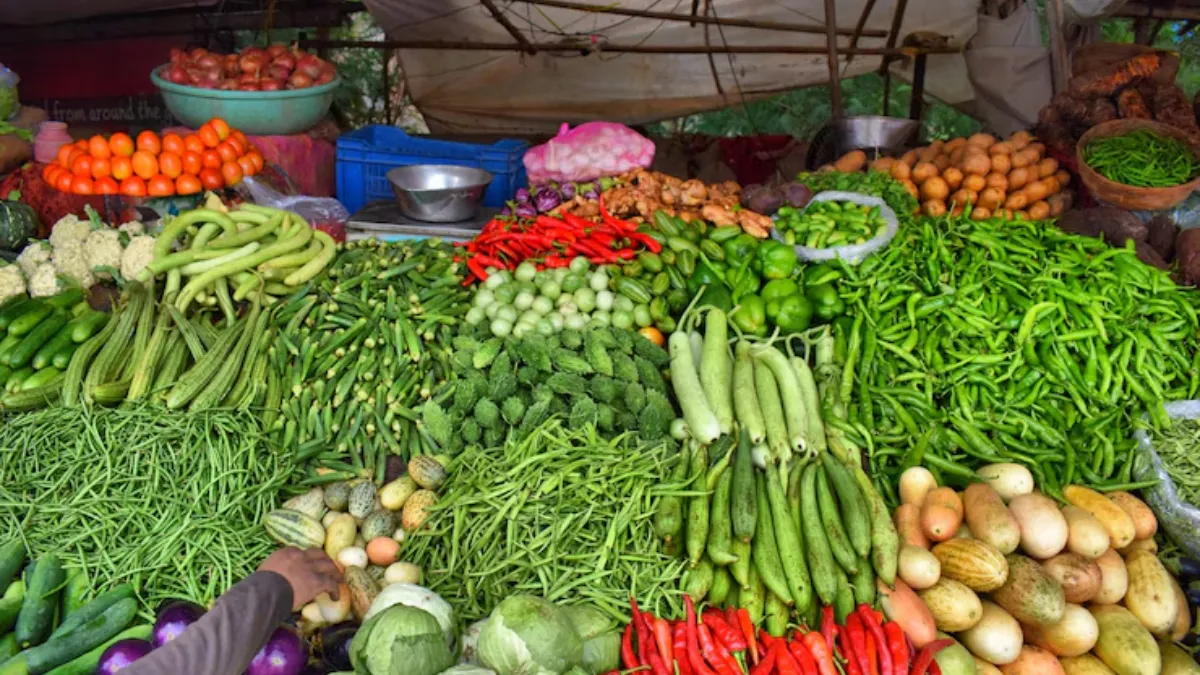India's retail inflation has dipped to a nearly six-year low of 3.34 per cent in March amid a decline in the prices of vegetables and protein-rich items. The Consumer Price Index (CPI) based inflation was 3.61 per cent in February and 4.85 per cent in March last year.
The inflation rate in March 2025 is the lowest since August 2019, when it was 3.28 per cent.
Food inflation in March was 2.69 per cent compared to 3.75 per cent in February and 8.52 per cent in March 2024.
According to Hemant Jain, President, PHDCCI, the softening of CPI inflation will boost India’s private final consumption expenditure, the largest component of GDP. He said that it will further give comfort to RBI to reduce interest rates in the next bi-monthly MPC meeting, which will reduce industries' debt burden.
"The CPI inflation is trending downward with a YoY change of 3.34% in March 2025 compared to March 2024. Vegetables, Eggs, Pulses & products, Meat & fish, Cereals & Products and Milk & products are contributors to the decline. Moving ahead, CPI inflation is expected to remain well within the RBI’s target band due to predicted normal monsoon and decreasing international crude oil prices. The crude prices are expected to be range-bound between US$60 to US$65 per barrel in the short to medium term, further boosting private final consumption expenditure and hence bolstering economic growth," Jain added.
Last week, the Reserve Bank reduced the key short-term lending rate (repo) by 25 bps in the wake of easing inflation.
The Reserve Bank has projected CPI inflation for the current fiscal 2025-26 at 4 per cent, with Q1 at 3.6 per cent, Q2 at 3.9 per cent, Q3 at 3.8 per cent, and Q4 at 4.4 per cent. The risks are evenly balanced.
Meanwhile, wholesale price inflation declined to a six-month low of 2.05 per cent in March as prices of vegetables, potatoes and other food items eased, government data showed on Tuesday.
Wholesale price index (WPI) based inflation was 2.38 per cent in February. It was 0.26 per cent in March last year.
Bank of Baroda Economist Sonal Badhan said, "Going forward, as the trade war deepens further, global growth prospects remain weak. This will exert downward pressure on oil and other commodity prices, which, in turn, will be positive for WPI inflation".
The RBI mainly takes into account retail inflation while formulating monetary policy.

